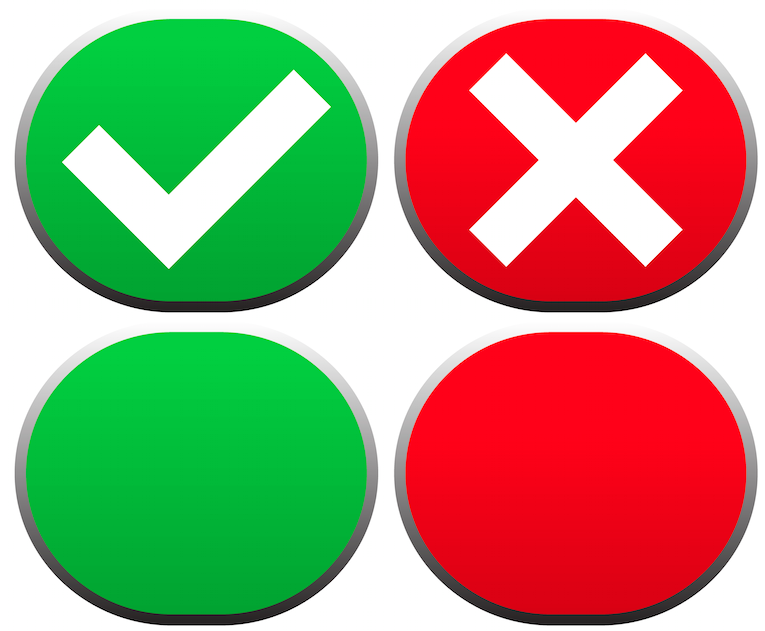 Identifying the USPS Scorecard
Identifying the USPS Scorecard
The United States Postal Service (USPS) initiated a new reporting system grading each business’ mailings known as the “Mailer Scorecard.” Businesses who mail packages now are scored based on how well or how poorly they process mailings through the use of USPS programs. The Scorecard gives companies a complete summary of their performance for Seamless Acceptance, Mail Anywhere™, Full-Service Electronic, SingleSource ACS™, and eInduction. Mailing businesses have easy access to view the metrics and how their company performs on each one by logging onto a website through the Business Customer Gateway found on the USPS website.
Frequency Guidelines the USPS Utilizes for its Scorecard
The Scorecard will be updated monthly using color codes to address areas of concern: Green, Red, and Yellow. Each month mailings will be combined to create scores, and areas needing attention will be color coded in Green, Red, and Yellow:
The USPS will update each businesses scorecard every month through the use to color codes to highlight areas of concern. The mailings will include metrics, and any areas that need attention will be coded in the color Green, Red, or Yellow:
Here are examples of the different review periods for different USPS programs: Seamless Acceptance and Full-Service review data using a calendar month basis. On the other hand, SingleSource ACS only reviews the data from the previous quarter. All mailers should review their scorecard regularly because the results provide the business with information on where there are opportunities for improvement.
Breaking Down Criteria the USPS Uses on its Scorecard when Billing for Errors
Every month, the USPS uses the scorecard to determine whether or not the Full-Service volume of mail met or exceeded the Postal Service’s quality thresholds. These values are provided below:
Should any of these mail quality thresholds be surpassed, the USPS will generate an invoice within ten days after the month ends. If the quality errors are greater than the Postal Service’s thresholds, mailing services forfeit their Full-Service discounts (ranging from 0.001 to 0.003 cents for each piece) as a penalty. Then the mailers have the chance to look over the invoice reports, and can request a review should they feel one or more of the penalties assessed by the USPS is an error. For more information about the USPS Scorecard Metrics and how errors can cost businesses, please continue reading here.